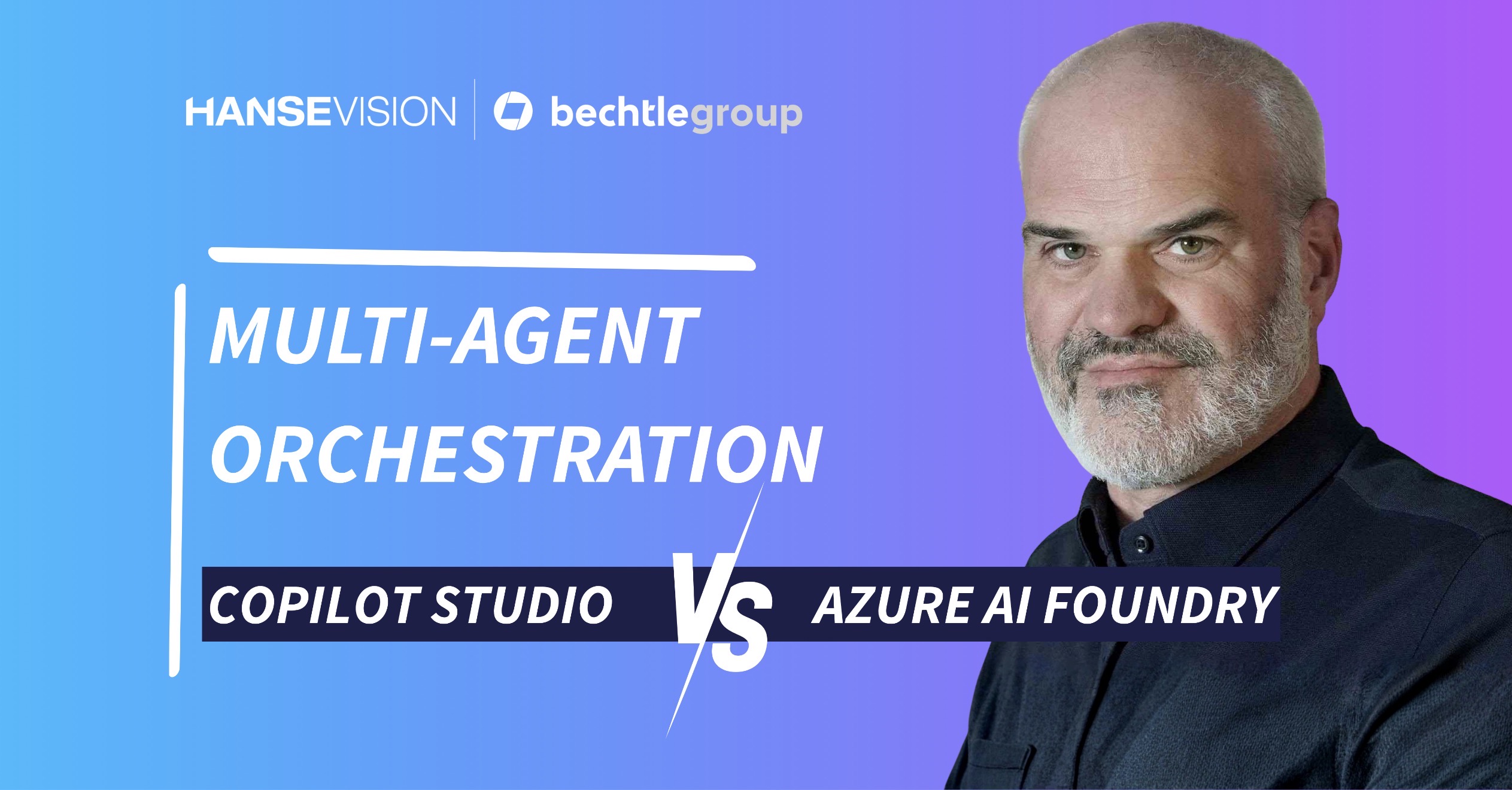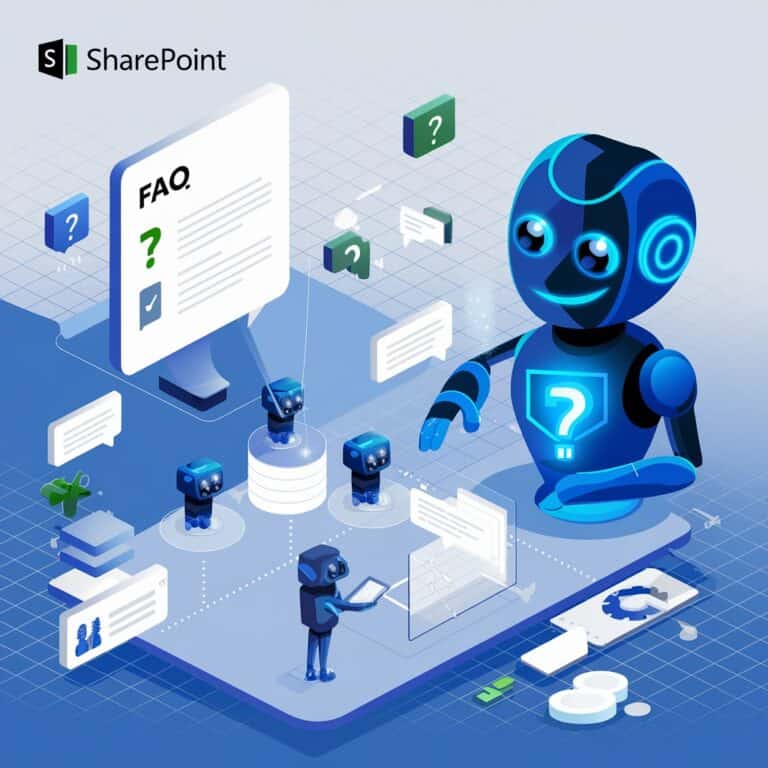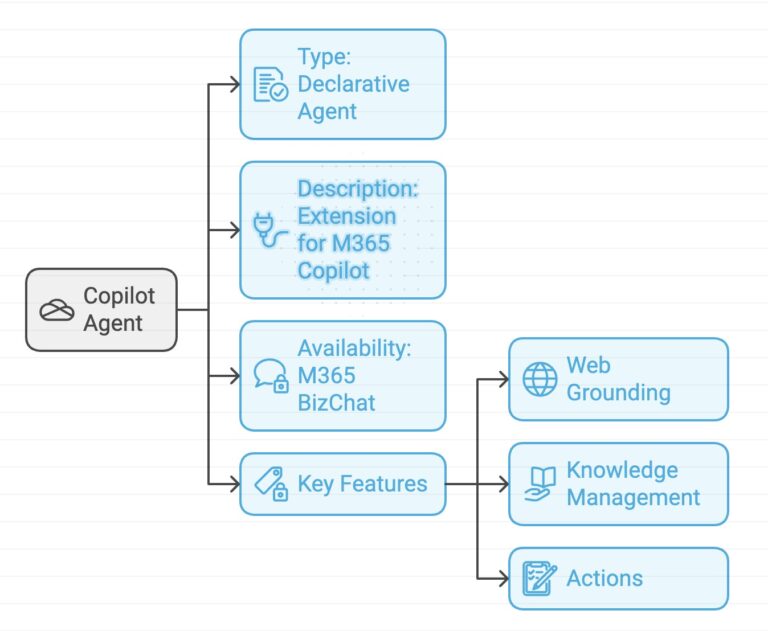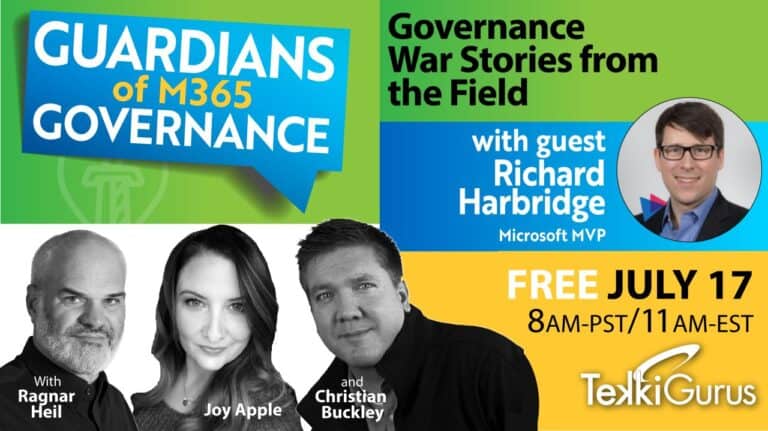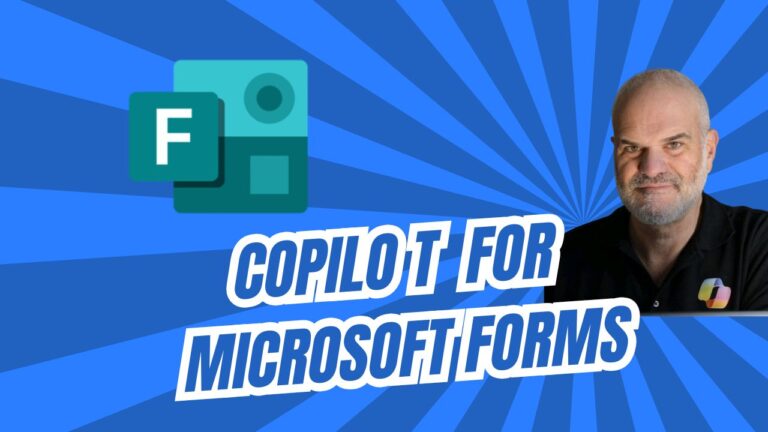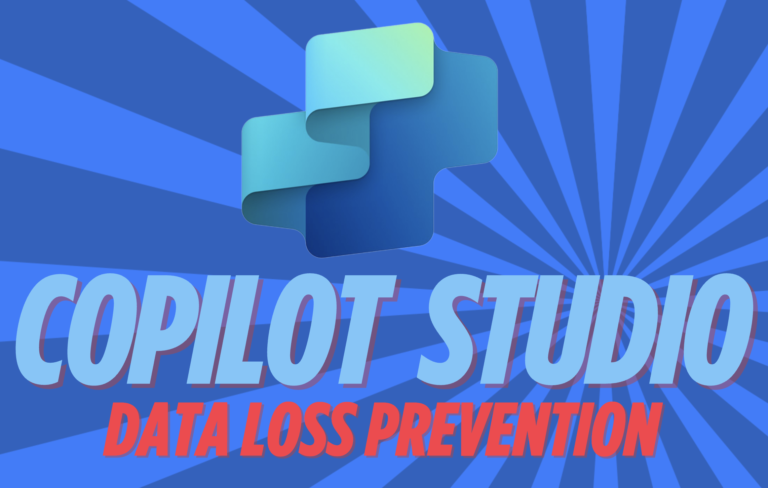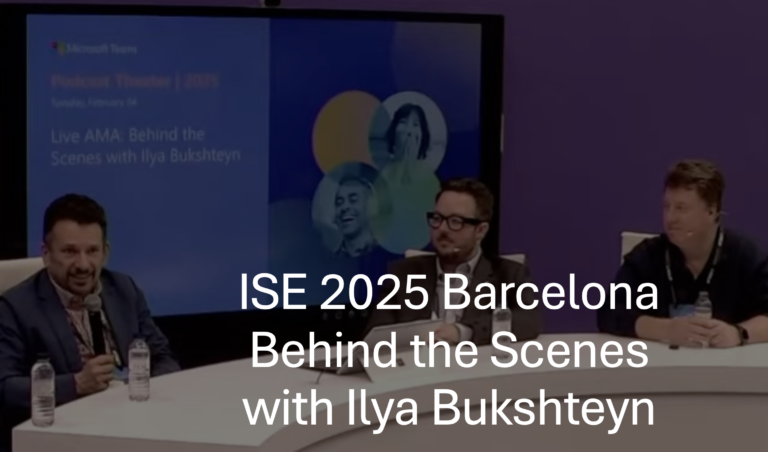Multi-Agent Orchestration: Copilot Studio vs Azure AI Foundry – Here’s What You Actually Need to Know
Microsoft dropped multi-agent orchestration for both Copilot Studio (CS) and Azure AI Foundry (AIF) at Build 2025 back in May. The feature rollout has been staggered, with core preview features landing throughout the 2025 Wave 1 cycle. Exciting? Yes. Production-ready for complex systems? Only one of them is, and only if you design around its hard limits.
If you are planning systems with 5-10 agents, the platform choice moves past preference and into architectural necessity.
Two Platforms, Two Completely Different Jobs
These platforms are not competitors; they are designed for distinct roles.
Copilot Studio is the low-code entry point, prioritizing rapid deployment and seamless integration with Microsoft 365 (Outlook, Teams, SharePoint, OneDrive etc). It’s built for business users who need speed over control.
Azure AI Foundry (formerly Azure AI Studio ) is the professional developer’s control plane. It offers unified SDKs and APIs for custom orchestration, full control over models, and enterprise-grade security. While the low-code features are in preview, the core Agent Service is aiming for General Availability in the latter half of 2025, underscoring its maturity focus. Stay tuned for Microsoft Ignite Conference News (and don’t miss my Session about Agents with MCP Integrations and improved Governance)
The Orchestration Constraint: Sequential vs. Concurrent
Here is the deal-breaker for scalability: the mechanism of orchestration itself.
Copilot Studio uses what Microsoft calls “Generative Orchestration.” While it automatically picks agents and tools, its fundamental design constraint is that if multiple agents are selected, it calls them strictly in sequence. For a 5-10 agent workflow, this sequential execution introduces cumulative latency that renders synchronous applications (like a live chat) unusable, scaling total response time linearly with every hop. Copilot Studio constraints extend beyond citation stripping. The platform cannot adjust model temperature, top-p, or max tokens. Workaround: system messages, prompt engineering, or custom actions/plugins rather than adjusting temperature.No evaluation or testing frameworks exist for systematic hallucination risk assessment. Observability into orchestration decisions remains limited compared to Azure AI Foundry. Only non-deterministic workflows are supported in multi-agent mode. Sessions might terminate after 60 minutes or 100 turns, losing conversation history. This architecture is an anti-pattern for complex, performance-critical systems.
Azure AI Foundry is built for this complexity. It supports advanced patterns, including Concurrent Orchestration – using Agent Framework with custom code, not the no-code Connected Agents feature. This fan-out/fan-in architecture allows a primary agent to launch five sub-agents simultaneously, drastically cutting overall latency—a mandatory feature for responsive 5-10 agent applications. Azure AI Foundry limitations center on complexity and learning curves. Developers must provision e.g. Cosmos DB for state management, configure Azure Functions for custom logic, and manage distributed systems challenges. The 2-level maximum depth prevents deeply nested agent hierarchies. The Agent Service itself is GA, but multi-agent orchestration features (Connected Agents and Multi-Agent Workflows) are still in preview. Configuration complexity creates frequent issues, especially with Azure OpenAI authentication and deployment naming.
The Deal-Breaker Nobody’s Talking About Enough
Foundry has the performance, but it has a hard architectural constraint: Connected agents have a maximum depth of 2 (Parent → Child only). This limit forces a flattening of complex, multi-layered service-oriented designs.
Furthermore, Copilot Studio hits a functional wall with grounding fidelity loss. When a sub-agent retrieves critical, auditable information (like a link to a SharePoint policy), the orchestration layer often strips out the SharePoint links, Document References or other grounding citations before passing the response back to the main agent. If your agent must be trustworthy and auditable, Copilot Studio’s native handoff is currently a compliance risk. You must use workarounds, such as Power Automate flows or custom API calls, to enforce data transfer outside the native agent handoff.
Performance and Observability
Performance goes beyond speed; it involves capacity. Every agent invocation in CS eats into a rigid Request Per Minute (RPM) quota tied to Dataverse capacity. A single user query triggering 5 sequential agents consumes 5 generative messages from a quota that starts as low as 10 RPM in trial environments, leading to rapid throttling. AIF’s consumption-based model, though less predictable, scales to higher enterprise throughput.
Debugging is the other critical divergence. Copilot Studio’s Generative Orchestration is a black box; tracing why an LLM decision overrode a tool or connector is high-friction. Azure AI Foundry, conversely, is built with enterprise observability. It provides full thread-level visibility and structured logging via Application Insights , which is non-negotiable for diagnosing failures in complex, multi-step workflows.
The Bottom Line: Go Hybrid
For complex 5-10 agent systems, you need a hybrid architecture :
- Copilot Studio: Use it as the low-code front-end for M365 user interaction and simple, sequential tasks.
- Azure AI Foundry: Use it as the back-end intelligence engine. It handles the complex, auditable, and concurrent workflow of your – let’s say – 5-10 specialized agents, using its superior control for data grounding and performance.
If you are implementing now, you are an early adopter. Pilot both platforms extensively. Use Copilot Studio for speed and low-friction M365 deployment, but rely on Azure AI Foundry for any workflow where performance, governance, or full auditability of the agent chain is mandatory. For 5-10 agent implementations, both platforms are technically feasible but with important constraints. Azure AI Foundry demonstrates production maturity with real enterprise deployments, sophisticated orchestration patterns, and full developer control. Keep in mind: Connected Agents and Multi-Agent Workflows are explicitly in preview and “aren’t meant for production use”. Copilot Studio offers rapid development and Microsoft 365 integration but suffers from critical citation stripping limitations and simpler orchestration patterns.
Microsoft emphasizes interoperability: Azure AI Studio playground agents can deploy to Copilot Studio, and Copilot Studio can call Azure AI Foundry agents via custom tools. Agent2Agent (A2A) protocol and Model Context Protocol (MCP) support open standards for third-party agent integration. The Agent Framework unifying Semantic Kernel and AutoGen provides consistent programming models across Python, .NET, and Java.
In practice, integration adds complexity rather than simplifying it. Hybrid architectures require infrastructure spanning both platforms, authentication coordination, cross-platform debugging, and expertise in both low-code and pro-code paradigms. Organizations effectively maintain two agent platforms instead of one. The promised interoperability enables flexibility but at operational cost.
Welcome to the frontier.
Resources / Read more here:
- Microsoft Tech Community about missing SharePoint Links in Copilot Studio
- Quotas and limits for Copilot Studio
- Build a multiple-agent workflow automation solution with Microsoft Agent Framework
- Build collaborative, multi-agent systems with Connected Agents
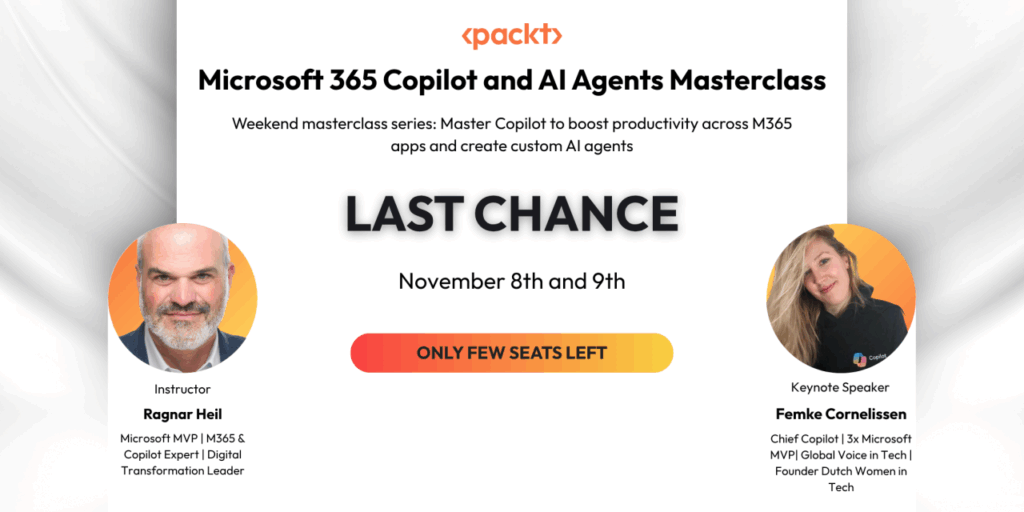
Last Chance to get Tickets for our Microsoft 365 Copilot and AI Agents Masterclass, November 8th and 9th! Code “RAGNAR40” will give you 40% OFF. Don’t miss Keynote by MVP Femke Cornelissen, Chief Copilot at Wortell
https://www.eventbrite.com/e/microsoft-365-copilot-and-ai-agents-masterclass-tickets-1746938533179?aff=ragnar
This MasterClass is organized by Packt where I am publishing a Playbook about Microsoft 365 Copilot.
Talk to us at HanseVision about your requirements and questions about Power Platform, M365 Governance, Copilot (Studio) and Agents Governance!
Find my Calendar here and check out our OnePager about M365 Governance.
